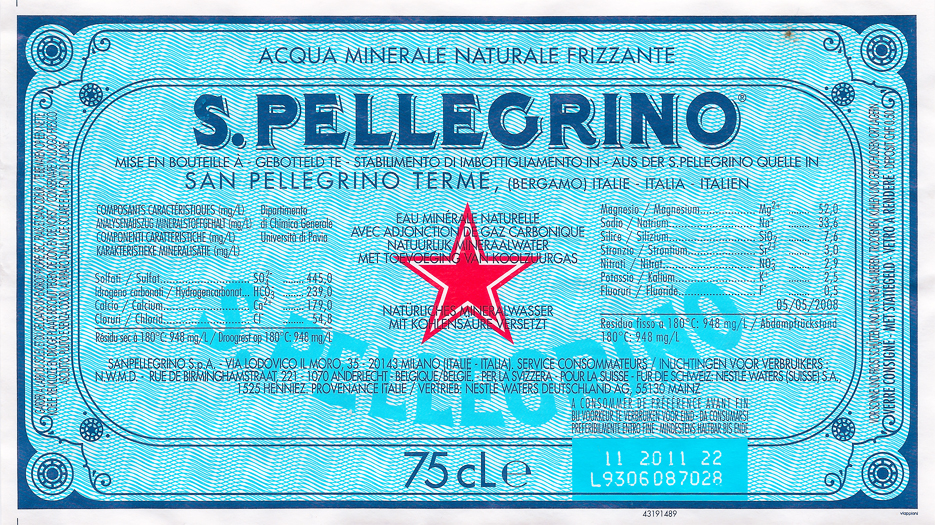I understand what you're saying. But " spring water" is not the same as " ground" or "well" water. Our aquifers here in Ohio have been pretty good since I started using them a few years ago. May have to see if I can get a water report from White House?
Unfortunately placing "Spring" on the label only indicates that the water came out of the ground. The gov. does not require any indication of where, how deep, mineral content, etc.
Ice Mountain (Nestle) put a water bottling plant in south of where I live. They pump water out of the ground like everyone else does. After that they treat it to make sure it's sanitary. The alkalinity around here is really high.
An alternate location to that one was about 12 miles west of here. Nothing but woods and farmland. Water doesn't come from a spring, it's just well water, like everyone else uses around here. Local citizens fought to keep the bottling plant out because they feared they would lower the wells in the are, which are used for household drinking water and irrigating farmland.
Hell, our city water is "spring" water right up until they add Chloramine! They draw from 3 wells in town. One of them is located in the parking lot where I work!
Bottled spring water really tells you nothing about the minerals inside. Bottled water companies *should* have a link on their website showing some of the minerals. You might have to look them up.







































![Craft A Brew - Safale BE-256 Yeast - Fermentis - Belgian Ale Dry Yeast - For Belgian & Strong Ales - Ingredients for Home Brewing - Beer Making Supplies - [3 Pack]](https://m.media-amazon.com/images/I/51bcKEwQmWL._SL500_.jpg)


















